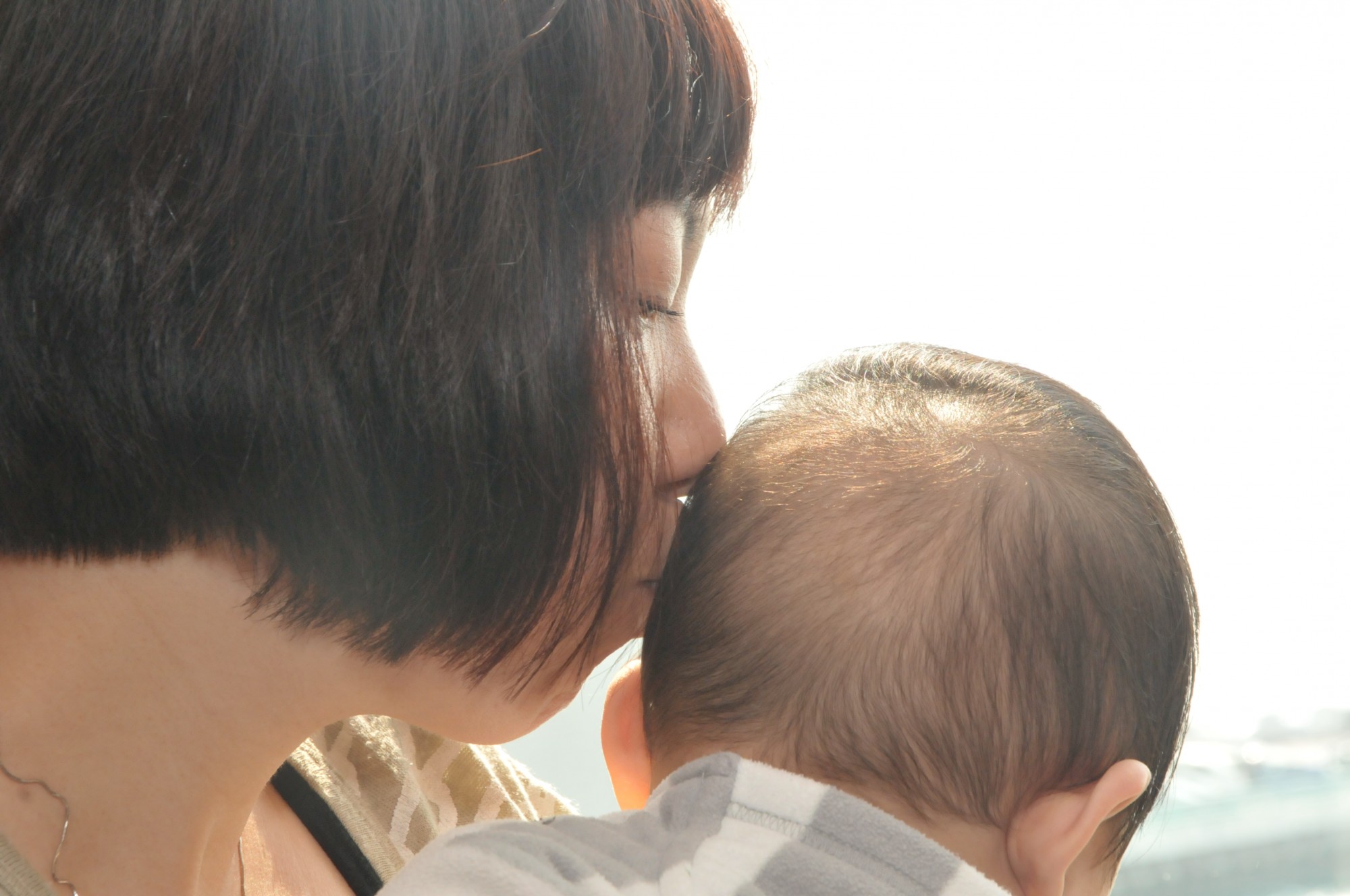Breast milk is best for baby, so why are Hong Kong’s breastfeeding rates so low?
By Jeffrey Wong and Tracy Chan
At 3.00 a.m., a baby cries loudly for his mother’s milk. Although the mother wants to provide the best for her baby, she feels exhausted and weeps quietly on her bed. This is her 30th sleepless night.
“I expected it would be painful giving birth to a baby, but I never expected breastfeeding would also give me so much pain,” Maxie Lai, a mother of two says.
Lai experienced blocked mammary glands approximately three times a month while breastfeeding her first son. It gave her fevers and made her dizzy. “I wanted to give up every time it happened,” says Lai.
Worn down and sleep-deprived, Lai managed to persist in breastfeeding with support from her family, particularly from her mother-in-law.
Although Lai’s mother-in-law is not highly-educated, she had breastfed two children and has been extremely supportive. Lai thinks her mother-in-law’s advice is better than that given by professional nurses. “The problem is that they [nurses] only studied the academic theories but do not have hands-on experience,” Lai says.
Unfortunately, she did not receive same amount of support in her workplace. Breastfeeding mothers need to nurse regularly to maintain their supply, those who work need to make reserves for their babies. But Lai’s colleagues thought it was somehow shameful to pump milk at the office. The lack of space meant the only place mothers could express their milk was in the washroom. Lai finally resigned rather than explain to her colleagues that she needed to pump milk.
The unfriendly workplace environment for breastfeeding is one reason why only 14 per cent of Hong Kong mothers are breastfeeding after six months, despite the initial breastfeeding rate on discharge from hospital being as high as 83 per cent. According to the Department of Health, the overall breastfeeding rate in Hong Kong ranks nearly last among Asian countries and regions.
The city’s dependence on formula milk for infants was highlighted when the mass purchasing of formula by some mainland visitors and parallel traders led to a shortage of certain brands earlier this year. While parents of formula-fed babies panicked, those of babies who were breastfed were unaffected. Instead, they faced different challenges.
Wong Yee-mei, a working mother, had to reserve breast milk for her baby before leaving home for work. She had to pump milk every three hours at home, which seriously interrupted her sleep.
Wong also pumped milk at her workplace and stored it in the refrigerator. But her colleagues criticised her, saying it was disgusting. They said it was unnecessary to breastfeed as formula was more convenient and beneficial to babies.








































Congratulations, Jeff and Tracy, on your careful and thoughtful exploration of an important topic! As the medical experts you quoted said, breast really is best – but like most biologically-based behaviour, breastfeeding involves some learning and a supportive community. Since a lot of the traditional networks are no longer present in Hong Kong (as you explained) maybe the internet and online social networks could be used to “show and tell”, share experience, and help build support for breastfeeding – and university students, like yourselves, can lead the way in campaigning for effective breastfeeding education – not just “how to” for new mums but public education on the value of breastfeeding, workplace support for lactating mothers, and a public health code with strong backing for breast-milk over formula. I breastfed my children (now grown up) for a year each, and weaned them on to cow’s milk and solid food bit by bit – I’m so glad I did, and would be happy to think that the young women I teach in Hong Kong can have the same experience – and yes, without putting their careers on hold. Go, go, Jeff and Tracy – hope your article starts a debate, and a movement for change!
In this information explosion era, for the same strong commercial reason, I hope the baby formula company will shift their business in breast feeding equipment and accessaries. Similar to the cloth diaper business which might be more sustainable and profitable in a long run. It is a freedom of choice which is important to all the parents. New parents should have the right to understand the pros and cons for both choices. (Mother of two, breastfeed til 1 year / 7 months)